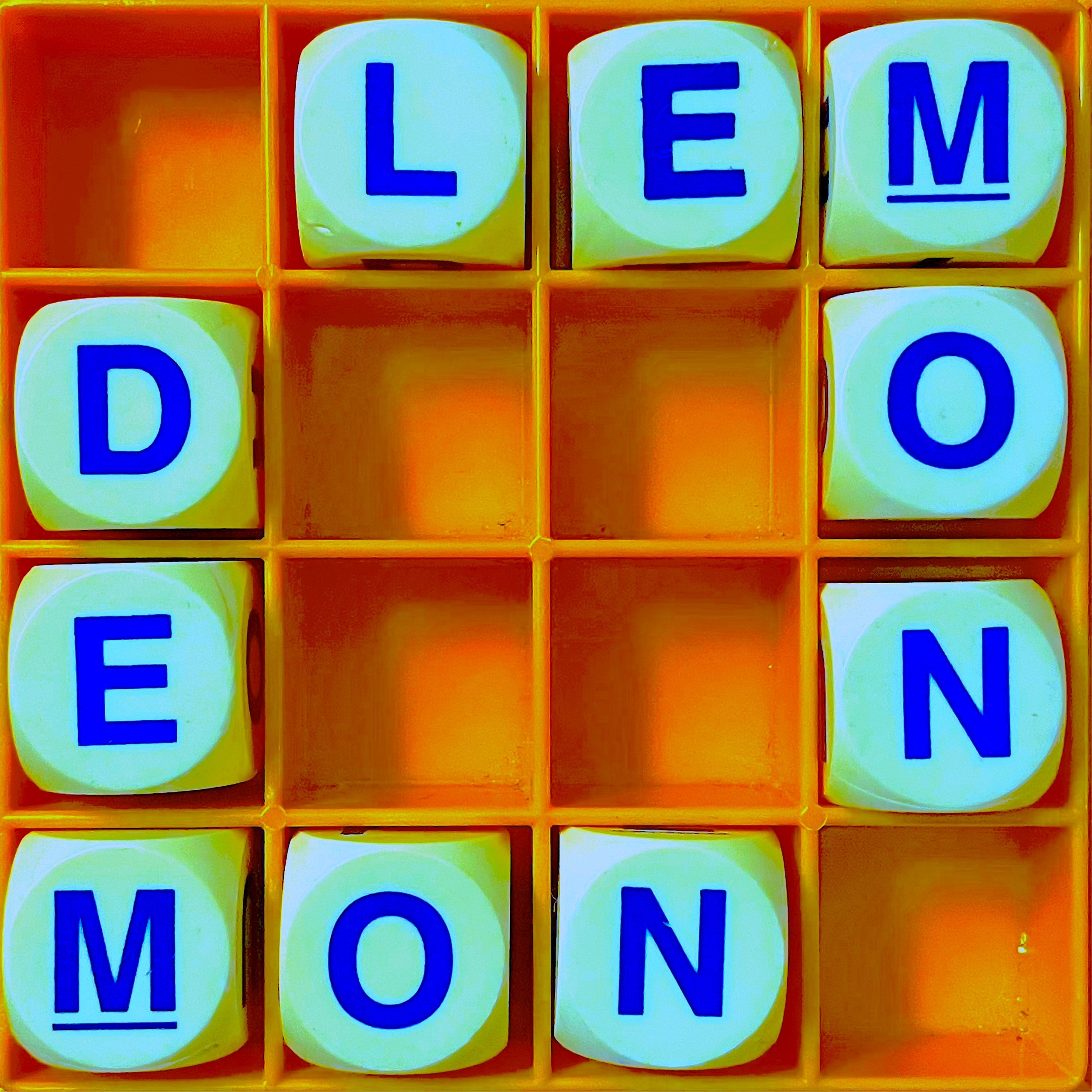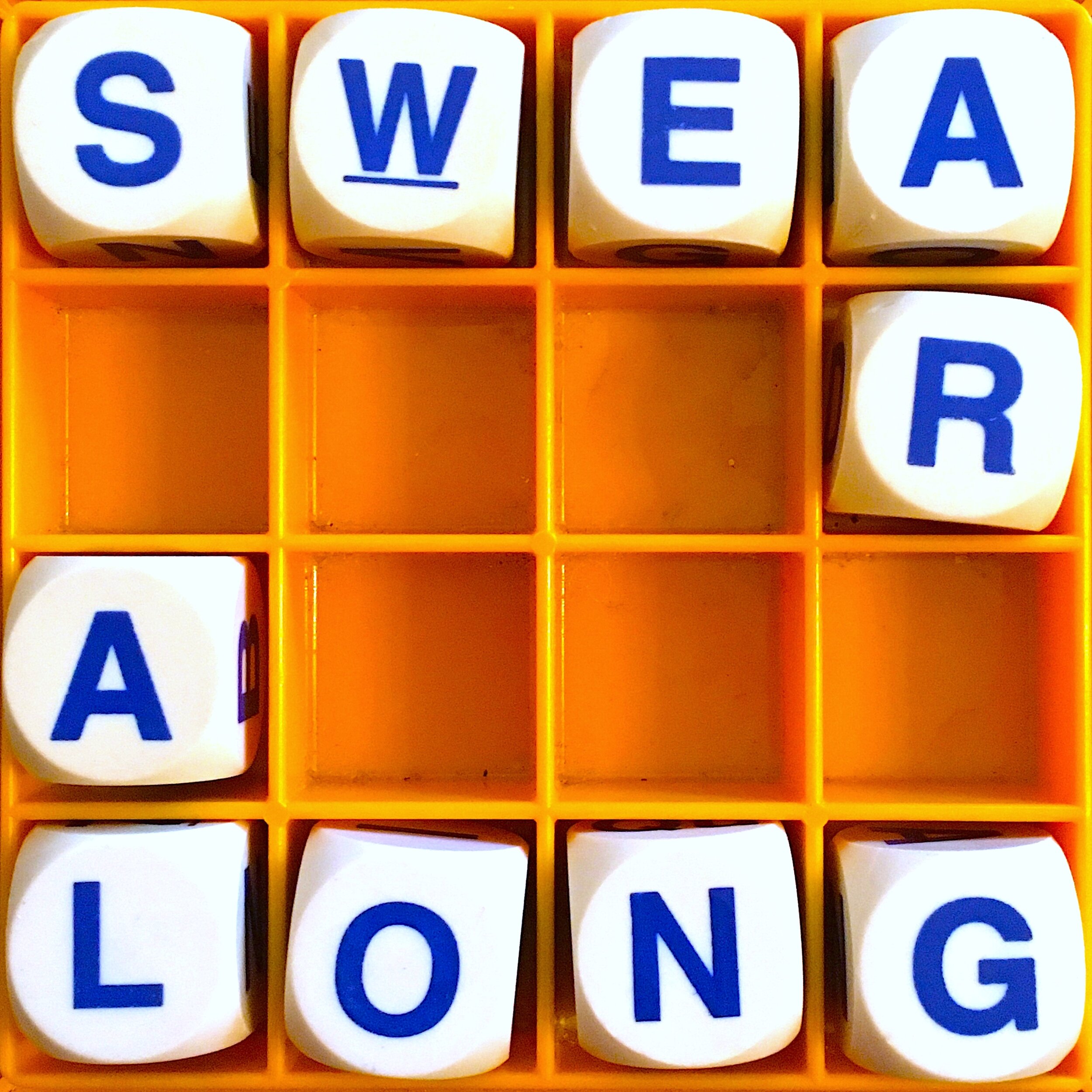In 15th and 16th century Scotland, in the highest courts of the land, you'd find esteemed poets hurling insults at each other. This was flyting, a sort of medieval equivalent of battle rap, and it was so popular at the time that the King himself wrote instructions for how to do it well. Writer and Scots language campaigner Ishbel McFarlane and historical linguist Joanna Kopaczyk explain the art of flyting, where an insult becomes slander, what's going on within the speech act of performative diss-trading, and what the legal consequences could be of being accused of witchcraft.
Read moreAllusionist 199: 199 ideas that I hadn't made into podcasts yet
Next episode is the 200th, therefore this is the 199th. I raid the 66-page documents of ideas for episodes, that I have been keeping for nearly a decade, and present to you 199 ideas that I have not yet made into podcasts (except for this one).
Read moreAllusionist 193. Word Play 3: Lemon Demon
AJ Jacobs makes The Puzzler podcast, wrote The Puzzler book, and sometimes turns his whole life into a puzzle. He comes bearing word games, explanations of anagrams being used to precipitate wars and were key evidence in trials, tips for writing with a quill, below-the-knee insults, and tales of living constitutionally.
Read moreAllusionist 145. Parents
When you're trans and pregnant, some of the vocabulary of pregnancy, birth and parenting might not fit you. In face, some of it might not even work for people of ANY gender. Trans parents Freddy McConnell and CJ talk about gender-additive language, inclusive for women and other genders, and about how in English law, the word 'mother' becomes semantically very complicated indeed.
Read moreAllusionist 125. Swearalong Quiz
Fill your lungs and get ready to shout out some profane answers: it’s the Swearlusionist Swearalong Quiz! Every answer is a swear word. Swearing, as we know, is good for your health, plus helps vent stress, and you’ll learn many etymological facts along the way, so this is a very wholesome and educational quiz.
CONTENT NOTE: this episode contains swears. Surprise!
Read moreAllusionist 123. Celebrity
Celebrity used to mean a solemn occasion; X factor was algebraic; and fame was a huge terrifying Godzilla-like beast with many many tongues.
Here to try define celebrity and fame are historian Greg Jenner of the podcast You’re Dead To Me, Lindsey Weber and Bobby Finger of Who? Weekly podcast, and writer, podcaster and videomaker Hank Green.
Read moreAllusionist 120. Shine Theory
It’s great when you coin a phrase that really resonates with people, right? Until they start using it for businesses and ventures that are at odds with the meaning of it… Aminatou Sow and Ann Friedman, hosts of the podcast Call Your Girlfriend and authors of the new book Big Friendship, talk about what their term Shine Theory really means and what they had to do to keep it that way.
Read moreAllusionist 116. My Dad Excavated A Porno
The word ‘pornography’ arrived in English in the 1840s so upper class male archaeologists could talk about the sexual art they found in Pompeii without anyone who wasn’t an upper class male archaeologist knowing about it. Even though, at the same time, Victorian England was awash with what we’d now term pornography.
Dr Kate Lister of Whores of Yore and pornography historian Brian Watson of histsex.com explain the history of the word, and how the Victorian Brits dealt with material that gave them stirrings in their trousers. Sorry, ‘sit-down-upons’. ‘Inexpressibles’! If they couldn’t even express trousers, it’s little wonder they struggled to cope with pornography.
Read moreAllusionist 98. Alter Ego
Today: three pieces about alter egos, when your name - the words by which the world knows you - is replaced by another for particular purposes.
How did John Doe come to be the name for a man, alive or dead, identity unknown or concealed in a legal matter? Strap in for a whirlwind ride into some frankly batshit centuries-old English law.
At their first bout of the 2019 season, the London Roller Girls talk about how they chose their roller derby names - or why they chose to get rid of one.
The 1930s and 40s were a golden age for detective fiction, which was also very popular and lucrative. Yet writing it was disreputable enough for authors to hide behind pseudonyms.








